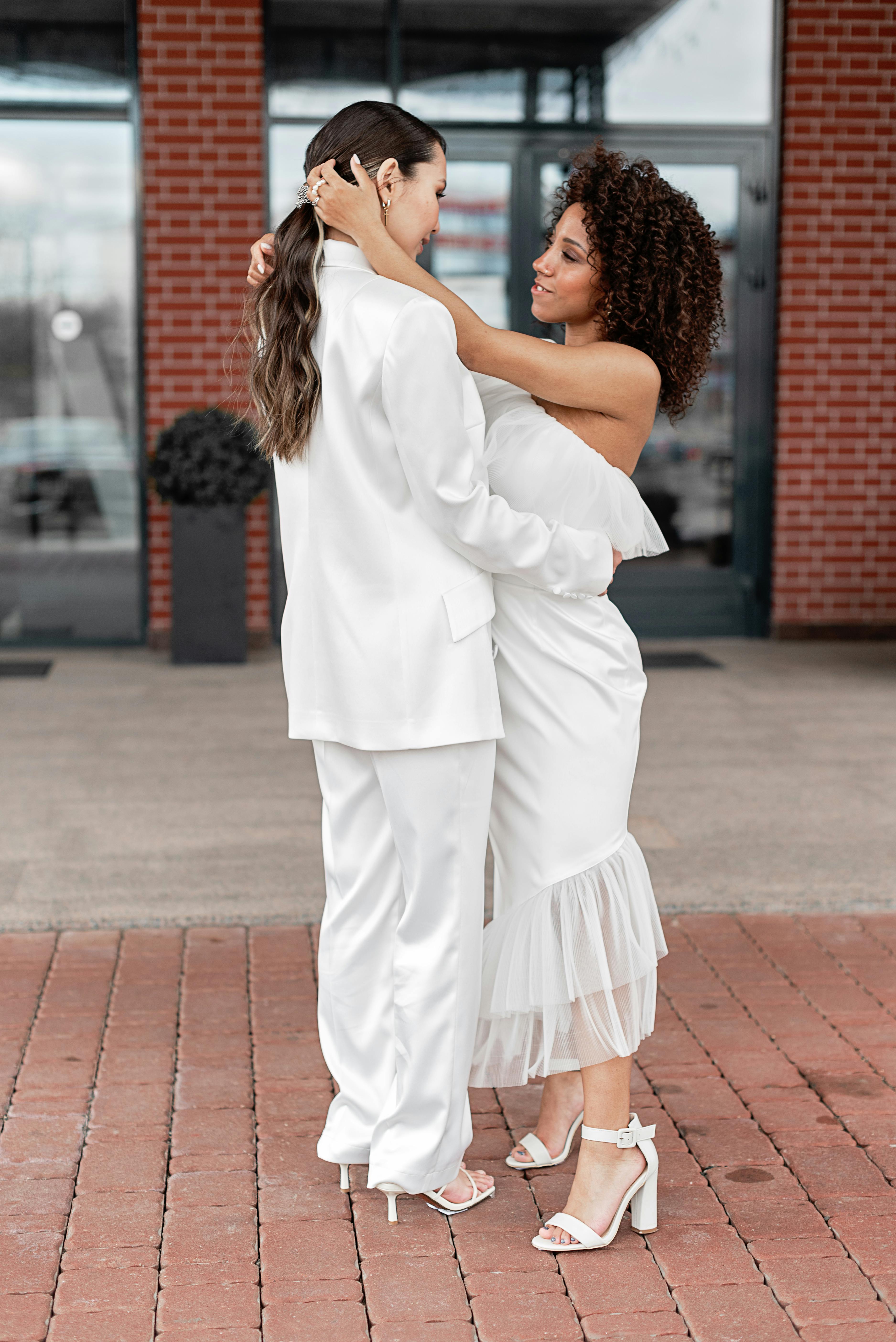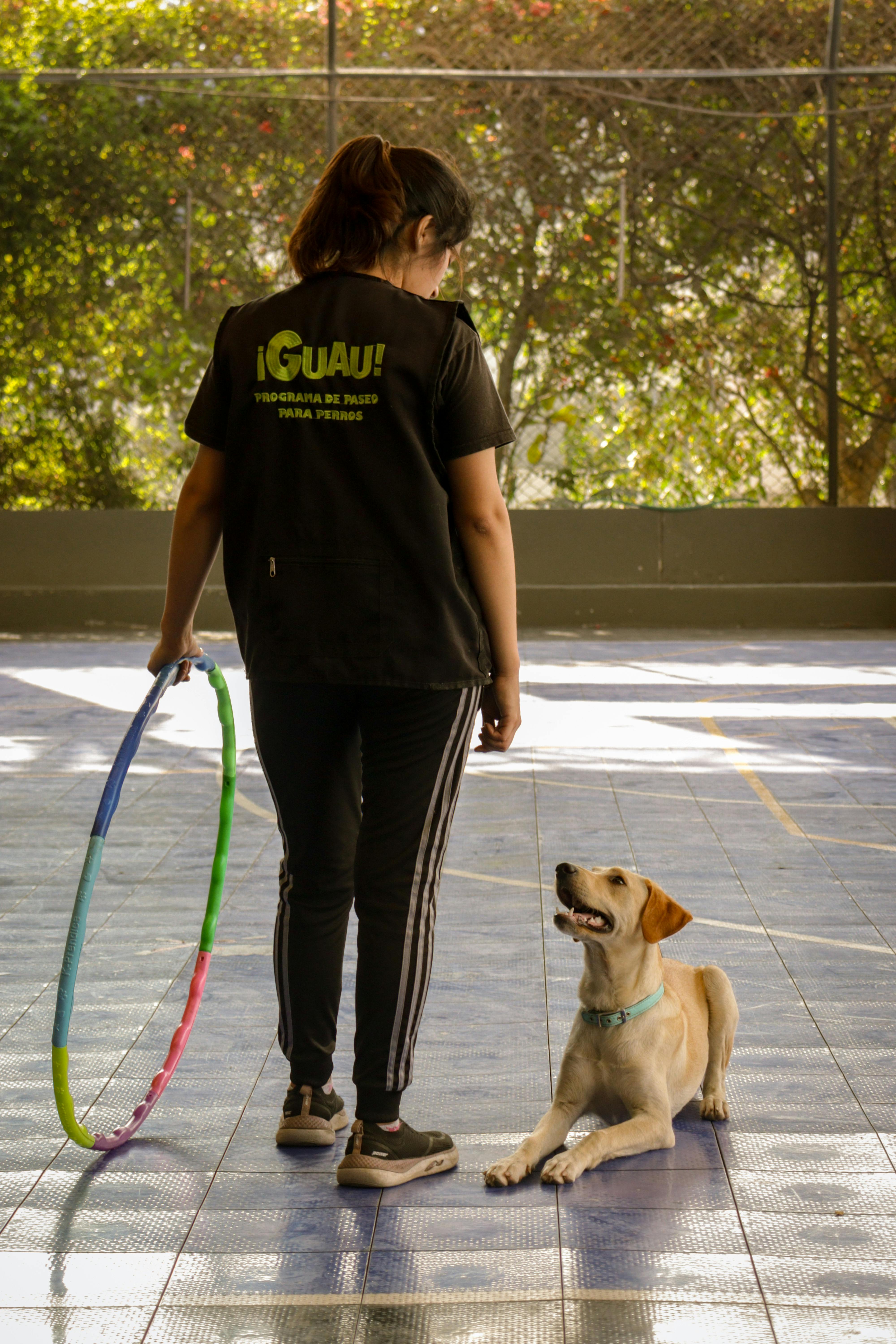 Which means that it is dangerous religion not to acknowledge the buildings that prevent folks from exercising their freedom. These buildings kind the background of our creations and body our movements toward authenticity. One of these mystifications is the assumption that people have inbuilt essences that outline them in an absolutist approach-for instance, that girls are emotional and males are rational, which allows men to be higher presidents and leaders than women.2 The assumptions we make about being human can add up and ossify into rigid and oppressive structures. An “existential infrastructure,” as Beauvoir calls it, may help us to expose widespread mystifications and make sense of our situations.5 Beauvoir describes the nature of human existence as both freedom and facticity. With the intention to create higher and clearer alternatives to form our personal futures and essences, we have to expose the mystifications and how they operate. It’s a must to be free from oppression with the intention to be free to achieve for authenticity. While we need to create our essence from scratch and invent our lives as we’d compose a poem, we’re not writing on a clean sheets of paper suspended in a vacuum.
Which means that it is dangerous religion not to acknowledge the buildings that prevent folks from exercising their freedom. These buildings kind the background of our creations and body our movements toward authenticity. One of these mystifications is the assumption that people have inbuilt essences that outline them in an absolutist approach-for instance, that girls are emotional and males are rational, which allows men to be higher presidents and leaders than women.2 The assumptions we make about being human can add up and ossify into rigid and oppressive structures. An “existential infrastructure,” as Beauvoir calls it, may help us to expose widespread mystifications and make sense of our situations.5 Beauvoir describes the nature of human existence as both freedom and facticity. With the intention to create higher and clearer alternatives to form our personal futures and essences, we have to expose the mystifications and how they operate. It’s a must to be free from oppression with the intention to be free to achieve for authenticity. While we need to create our essence from scratch and invent our lives as we’d compose a poem, we’re not writing on a clean sheets of paper suspended in a vacuum.
 Ironically, each societies alike consider themselves chaste and the other depraved: “We keep faithful to our mates whereas they fuck round indiscriminately – disgusting!”; “We keep intercourse where it belongs, to at least one week per yr the place you are not likely yourself. They do it everywhere in the 12 months- disgusting!”. Men have assumed the important role (Subject) while women have taken on the inessential position (Other).Eleven “Other” is capitalized when a person’s subjectivity is denied, when they’re handled as an Other only and not a subject additionally. A method to consider Beauvoir’s existential infrastructure-facticity, transcendence, freedom, and dangerous religion-is as follows: facticity is being born into an English-talking family, whereas transcendence is choosing to check French. “Freedom” is a movement toward being, but also a never-attaining, open-ended means of existing. Although a stadium wouldn’t be constructed for six years after the field’s inception, the scholars felt obliged to call their alma mater’s area after their beloved “Dr. Lew”.
Ironically, each societies alike consider themselves chaste and the other depraved: “We keep faithful to our mates whereas they fuck round indiscriminately – disgusting!”; “We keep intercourse where it belongs, to at least one week per yr the place you are not likely yourself. They do it everywhere in the 12 months- disgusting!”. Men have assumed the important role (Subject) while women have taken on the inessential position (Other).Eleven “Other” is capitalized when a person’s subjectivity is denied, when they’re handled as an Other only and not a subject additionally. A method to consider Beauvoir’s existential infrastructure-facticity, transcendence, freedom, and dangerous religion-is as follows: facticity is being born into an English-talking family, whereas transcendence is choosing to check French. “Freedom” is a movement toward being, but also a never-attaining, open-ended means of existing. Although a stadium wouldn’t be constructed for six years after the field’s inception, the scholars felt obliged to call their alma mater’s area after their beloved “Dr. Lew”.
And because I needed her, she felt her existence was justified, worthwhile, significant. Beauvoir’s philosophy is so highly effective as a result of she recognizes that human existence is an advanced mix of tensions between freedom and facticity. To live authentically, we must transcend our facticity into the long run, freely pursuing self-chosen objectives, or what Beauvoir often refers to as “projects.” Human existence includes us spontaneously projecting ourselves into the world. Being stuck in our facticity is what Beauvoir calls “immanence.” Exercising our freedom is transcendence. Though you will never be a native French speaker-since you can’t change the actual fact of where you have been born-you possibly can transcend past your English-speaking facticity. You would possibly diminish your individual freedom, by way of unhealthy religion, when you were to low cost your own skill to study French on the idea of throwaway excuses corresponding to being “too old” or “not good sufficient.” Or you can exercise your freedom towards turning into fluent in French.
Curiosity induced him to take it, and Love, to wish that Antonia might appear. One might argue that it’s dangerous religion to suggest that there are external limitations on our freedom. It’s necessary for us to understand our situations so we will consider what’s decided by our surroundings and what’s within our management. The period of trust covers the early months in an infant’s life and is so known as because infants want to establish confidence in their parents and of their setting. Bad religion exists in her failure to confront the truth of her life and her lies to try to manipulate how others see her. In fact Antonia’s scenario was sufficiently embarrassing and unpleasant. We can’t control our facticity, however to be free is to be in a position to regulate our lives by transcending the situations that we’re thrown into. We reside free lives by transcending our facticity: holding ourselves in question, making definitive choices, striving toward our targets, and concretely participating ourselves on the planet. The story closes with Marguerite, Marcelle’s sister, grieving that her cherished ones “will die without ever having recognized or liked something actual.”10 By distinction, when we face the world authentically-welcoming our freedom, seizing duty for our choices, refusing to annihilate ourselves before delusions and false idols-the world reveals exhilarating potentialities.